How is "Lamy" Pronounced?
-
Forum Statistics
352.2k
Total Topics4.6m
Total Posts -
Member Statistics
125,474
Total Members2,078
Most OnlineNewest Member
jhlion
Joined -
Images
-
Albums
-
Glamour Shots
- By Penguincollector,
- 0
- 0
- 1
-
OCArt #2
- By OCArt,
- 0
- 1
- 16
-
Ink
- By Penguincollector,
- 0
- 0
- 5
-
Nethermark Osmia
- By Nethermark,
- 0
- 0
- 26
-
March- April -2024
- By yazeh,
- 0
- 0
- 43
-


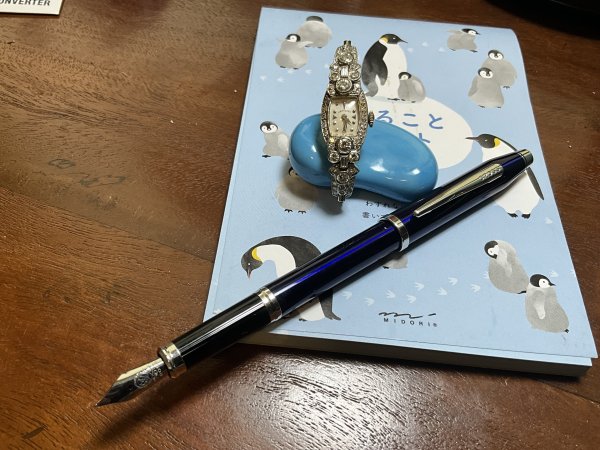

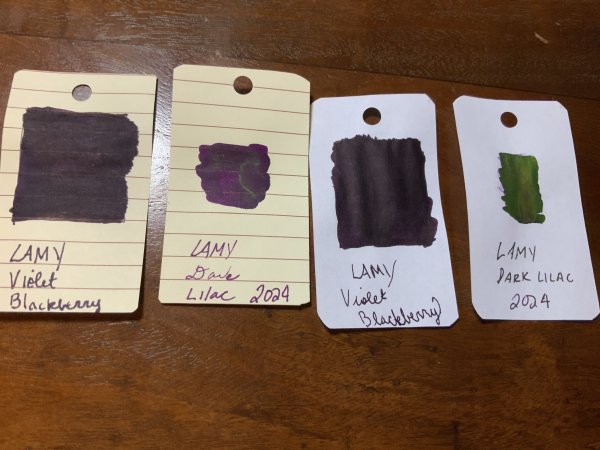
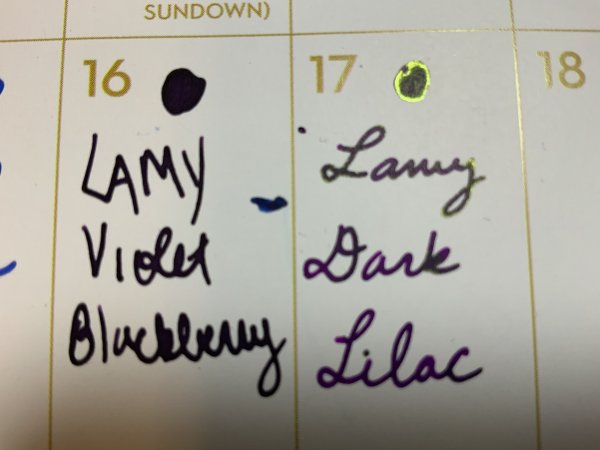
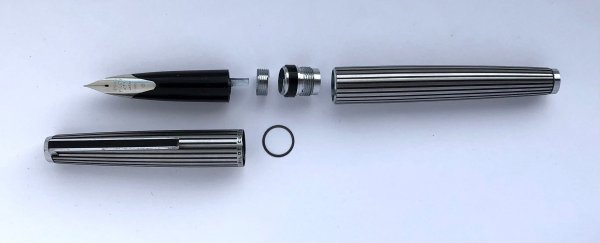

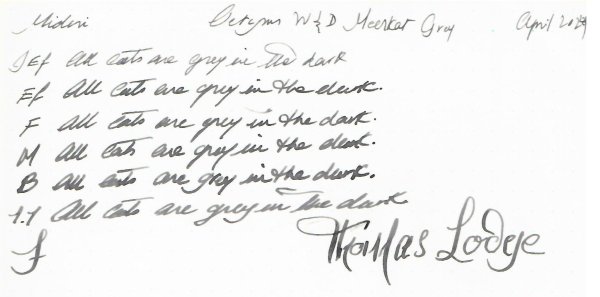
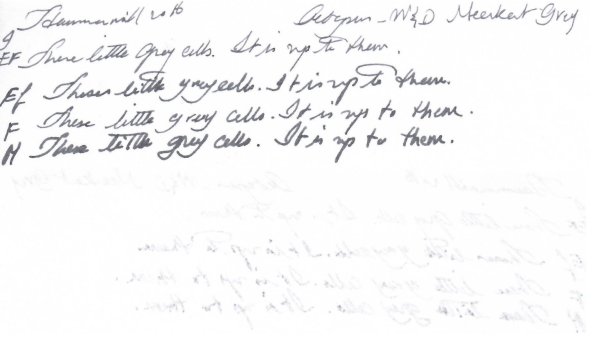
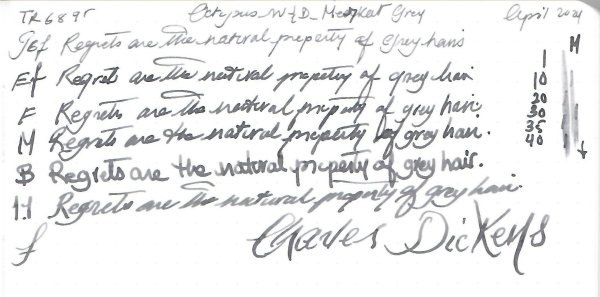
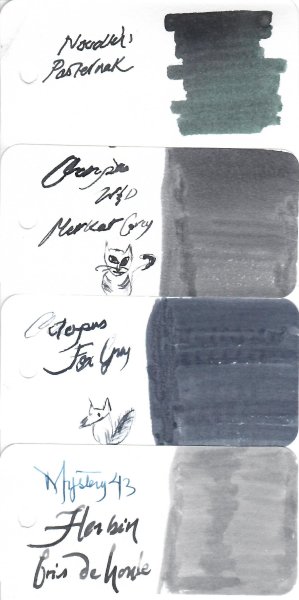
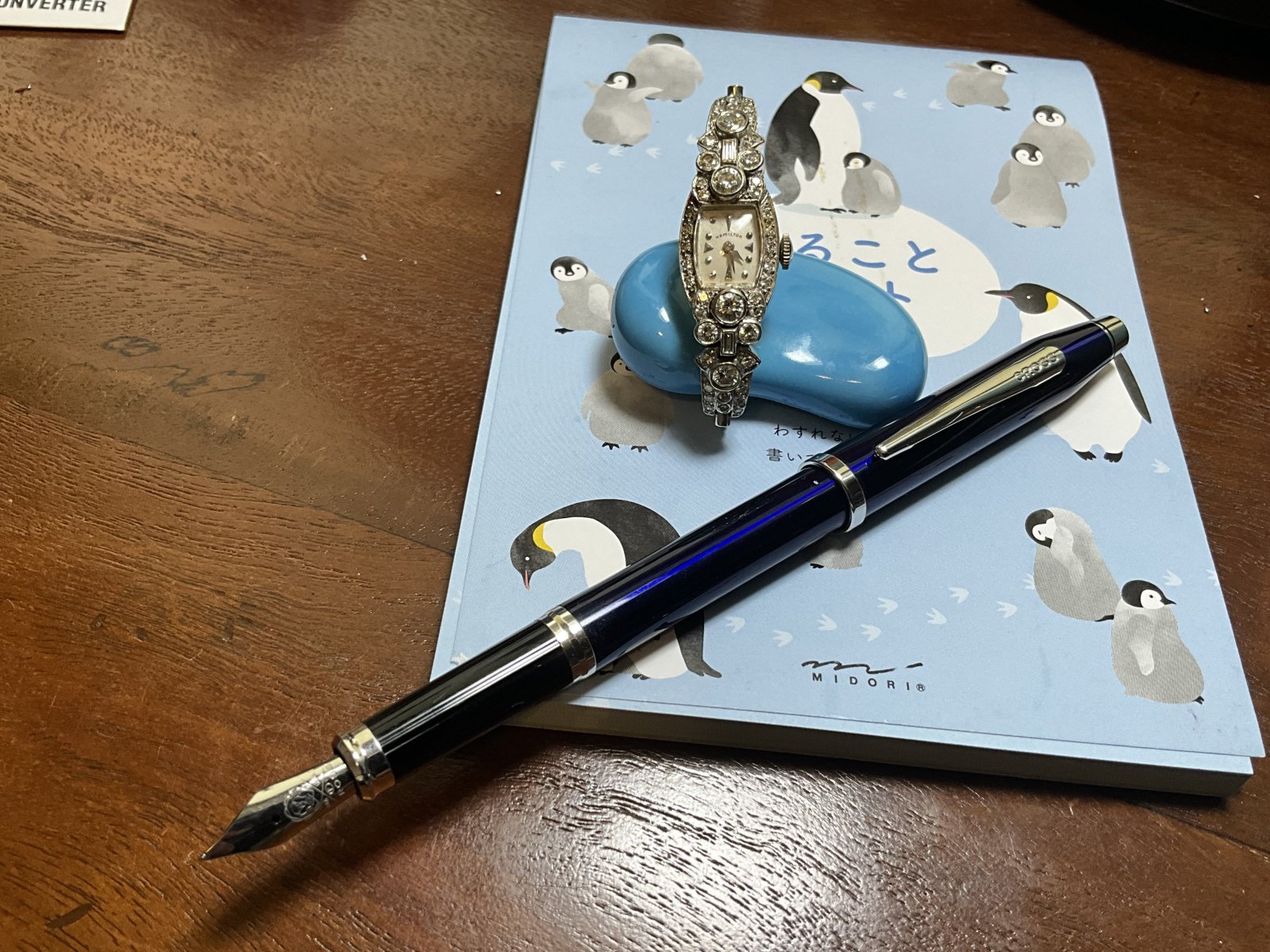

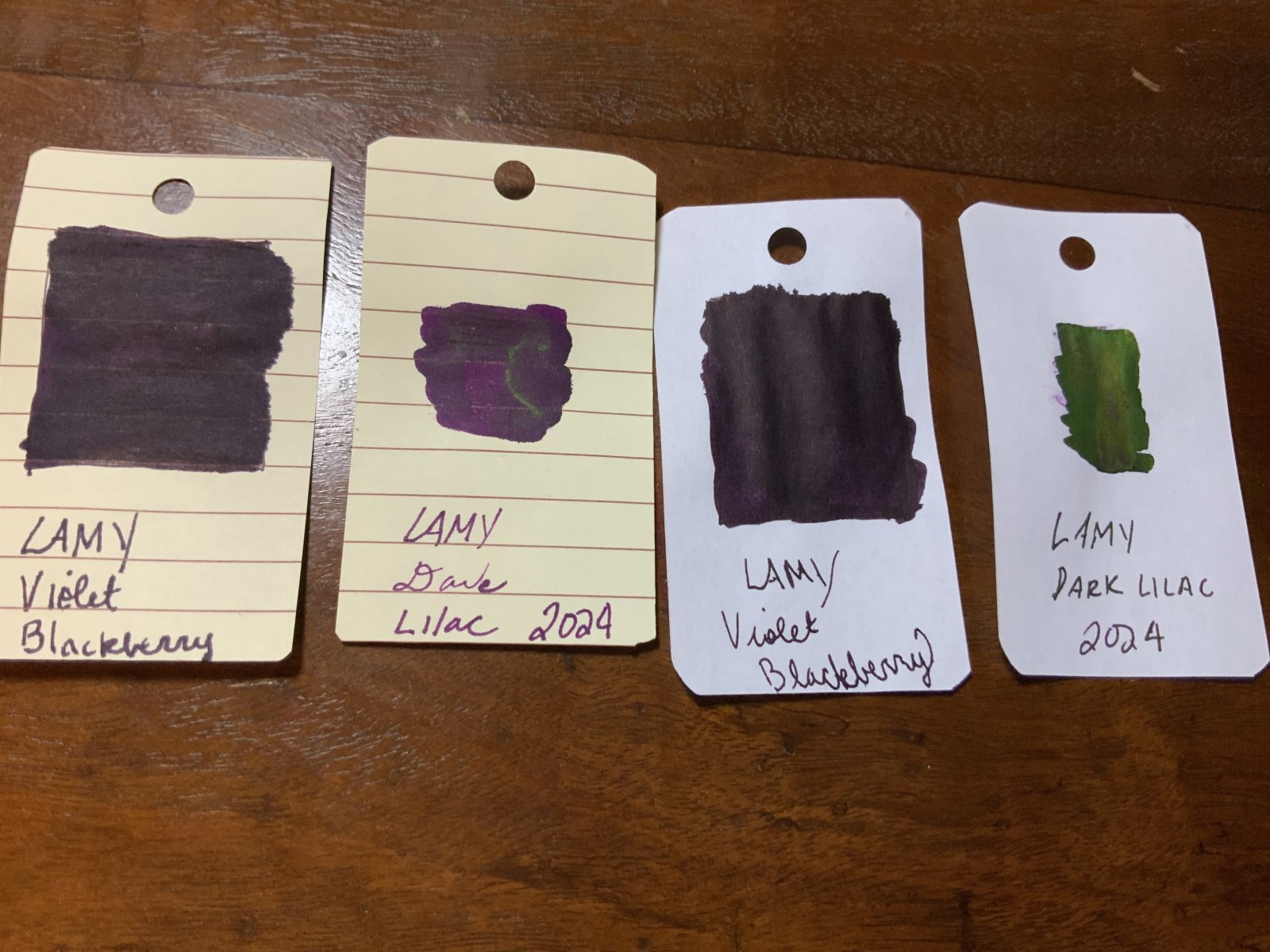
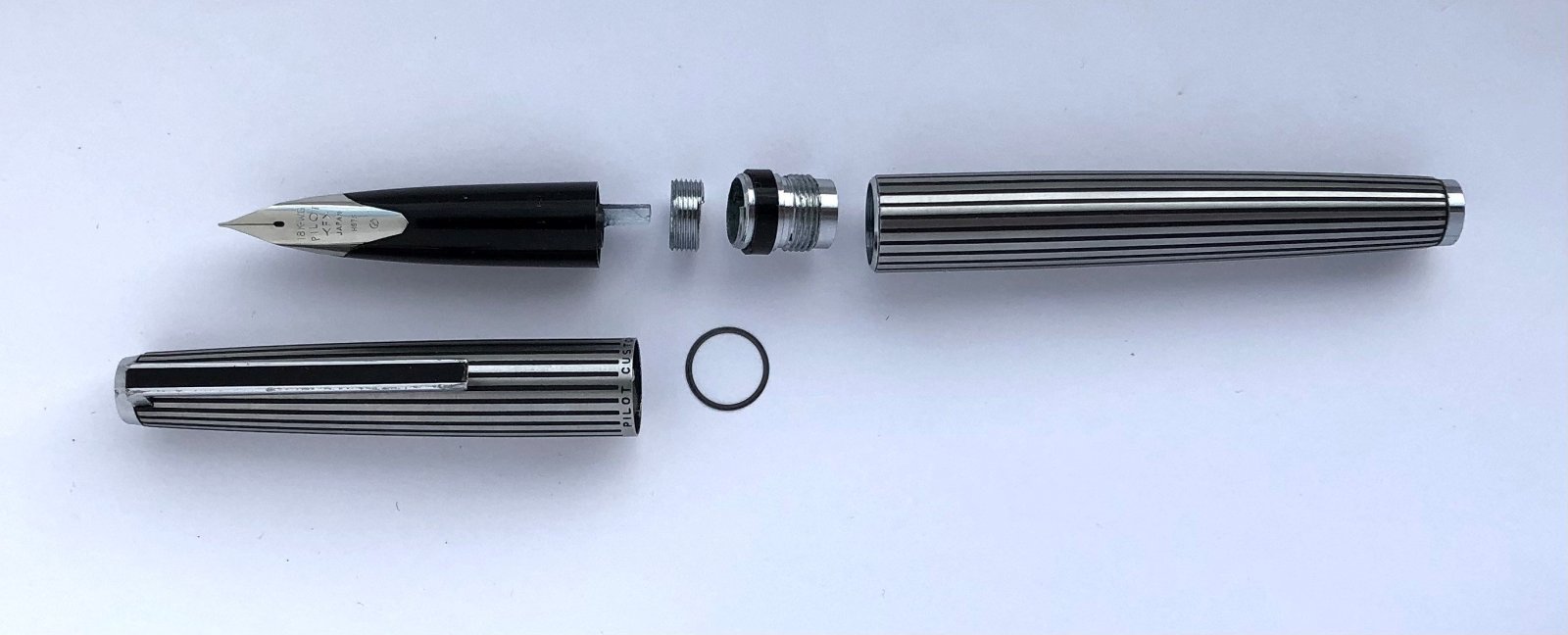


.thumb.jpg.f07fa8de82f3c2bce9737ae64fbca314.jpg)




desaturated.thumb.gif.5cb70ef1e977aa313d11eea3616aba7d.gif)





Recommended Posts
Create an account or sign in to comment
You need to be a member in order to leave a comment
Create an account
Sign up for a new account in our community. It's easy!
Register a new accountSign in
Already have an account? Sign in here.
Sign In Now